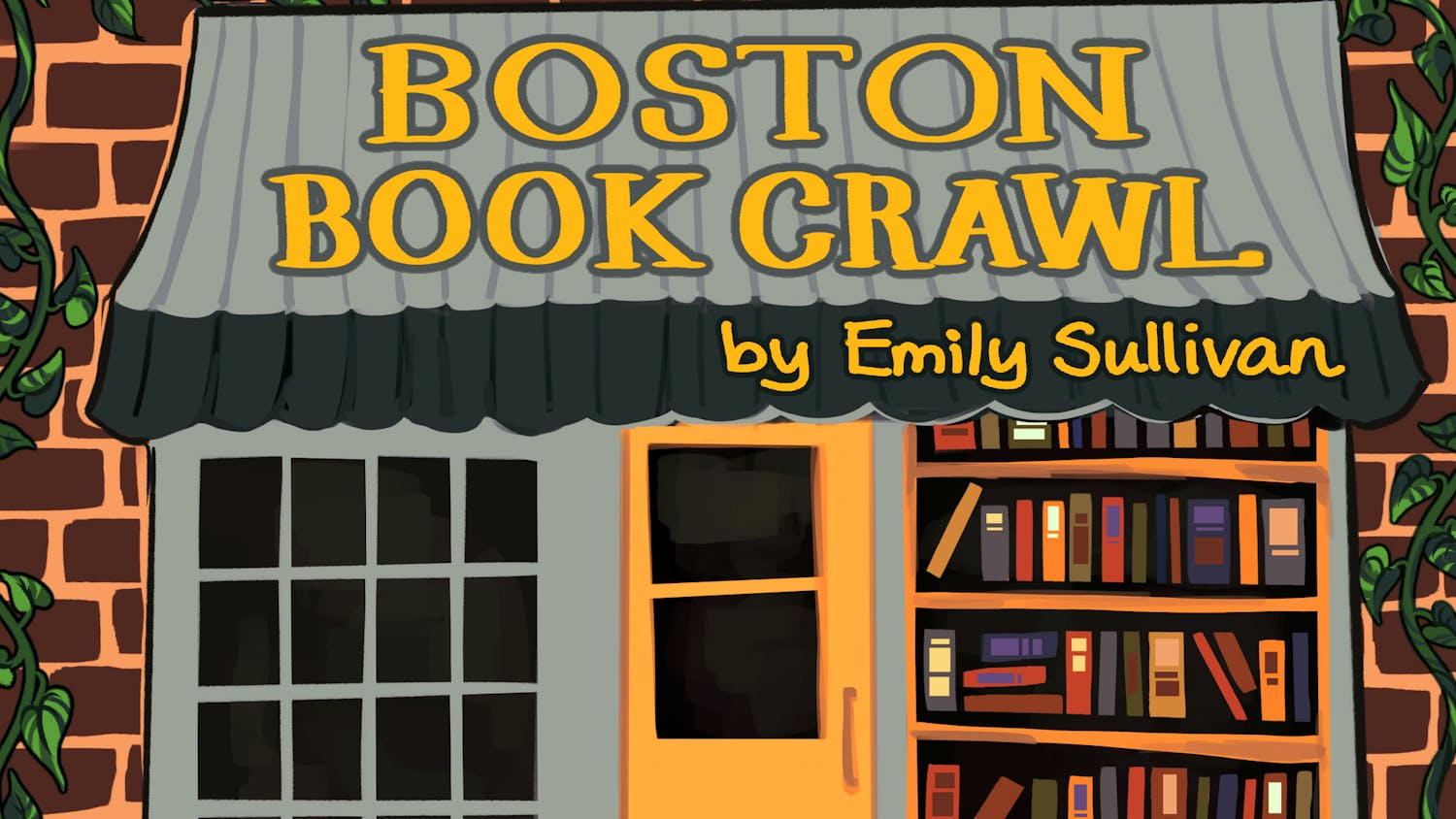Monday, May 1 marked May Day 2017. May Day has for a long time played a strange, dual role in Western society. Some people view it as a celebration of spring, with maypoles and flower festivals. For others, it is International Workers' Day. This day of dedication and protest has existed since 1886, when Chicago factory workers joined an ongoing strike en masse. This strike continued peacefully until the infamous Haymarket Massacre of May 4, 1886. Since then, workers, socialists, communists and other leftist workers' rights groups have organized and marched yearly to defend the rights of the working class.
So what does this have to do with queer issues, let alone Queer Issues (big Q, big I)? The answer is: a lot. Perhaps everything. Let’s start with the entanglement of queer identity and working class status. Being queer presents barriers to economic mobility. Pay gaps exist, hiring is discriminatory (even in cases when it is not legally allowed to be) and constant social messaging tells us that we are not supposed to be in positions of power. As a result, many queer and trans people exist in the working class, both in traditional and alternative industries. Securing rights for the working class means securing rights for LGBTQ+ people.
This year, I was lucky enough to be able to attend a May Day workers' march in downtown Boston. As we marched from the gazebo on Boston Common to Copley Square, many protesters carried signs highlighting police violence against people -- mostly of color and mostly working class -- that has plagued the United States for decades and has recently received a national spotlight. Chants at the march included, “One, two, three, four, America was never great! Five, six, seven, eight, organize and smash the state!” A variety of chants also highlighted the abuses of power by police forces against vulnerable populations.
The catch? The march was escorted by a Boston Police Department unit. The organizers of the march had, as most organizers of dedicated events do, contacted local police ahead of time to notify them of the planned route of the march. This allowed the BPD to effectively shut down streets, redirect traffic and ensure minimal disruption to the normal operation of the city. This escort also served as a security force. Had there been any perceived threat of violence from marchers or outside perpetrators, I have no doubt that the police would have reacted swiftly to quell a riot, whatever the cost.
Queer people, trans people, poor people, people of color and people of all other marginalized identities know that the police are not our friends. We know that the police are a force of white supremacy, of oppression and bigotry. At the same time, we invite them to monitor our protests, for to not do so would be to incur their violence more directly than we already do by existing. If protest is meant to be disruptive, can we be truly disruptive and make our voices heard while always operating under the watchful eye of a militarized police force? I don’t have answers. I can only remind everyone to ask the right questions.
More from The Tufts Daily
Sharper Advice: Help! Breakup advice needed ASAP…
By
Harper Stone and Sophie Penenberg
| February 4
Boston Bookcrawl: More Than Words
By
Emily Sullivan
| February 2
Worth Going Broke?: Hot or cold?
By
Eloise Bernstein
| January 30





